Martin Luther King Jr.’s Letter Analyzing ‘Debilitating Racist’ N-Word Is Being Auctioned Off
Share
Explore Our Galleries
Breaking News!
Today's news and culture by Black and other reporters in the Black and mainstream media.
Ways to Support ABHM?
By Keenan “HIGz” Higgins, Newsone
The civil rights icon shared his opinion on the controversial word.
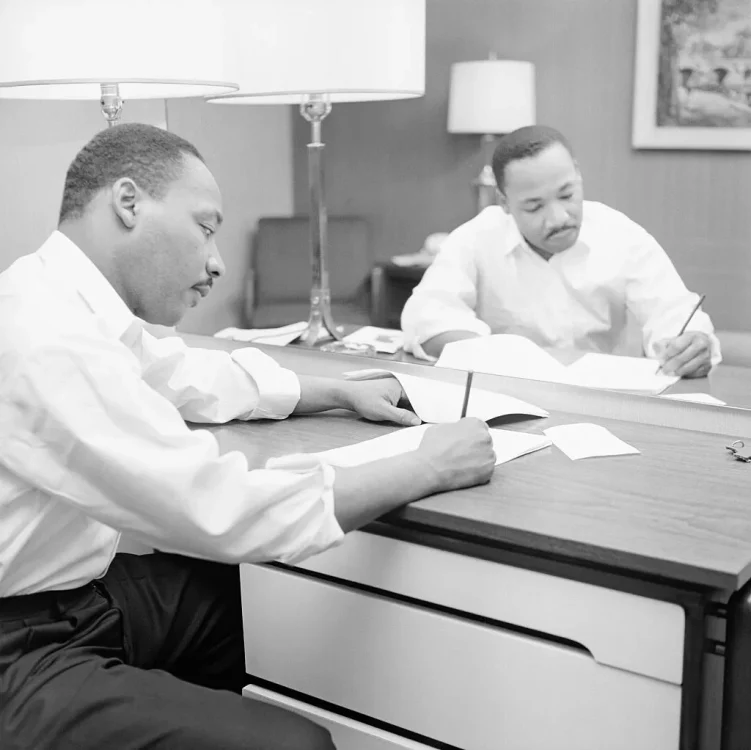
Civil rights icon Martin Luther King Jr. will forever be remembered as one of the most prominent voices in our fight for equality as Black Americans during the social unrest of the ’50s and ’60s. His ministry covered far-reaching topics, be it nonviolent activism or even Native American rights, but one of his core objectives was to educate the people on how to respect ourselves.
The N-Word has been one of the most debated subjects in our community, from who gets to use it all the way to if we as Black people should be adopting it as a “term of endearment” at all. The late great MLK Jr. had an opinion on the topic as expected. The letter is currently up for auction online.
The letter in question […] is addressed to William A. Bennett in Haddonfield, New Jersey. Writing from his historic Southern Christian Leadership Conference headquarters on Auburn Avenue in Atlanta, just three days after his 37th birthday on January 18, 1966, MLK Jr. gave an insightful take on the N-word in addition to the term “dark skinned.” He says the latter reflects “both our great heritage and our devotion to a brand of Americanism of the highest order,” while denouncing the former epithet as a word that “carries with it a meaning deeply rooted in the debilitating racist caste ordering of our society’s slavery epoch and segregation era.”
The original article includes the full letter.
Dr. King is among the most famous Civil Rights activists, but many activists did not receive the same recognition.
Never miss the latest stories about Black issues.
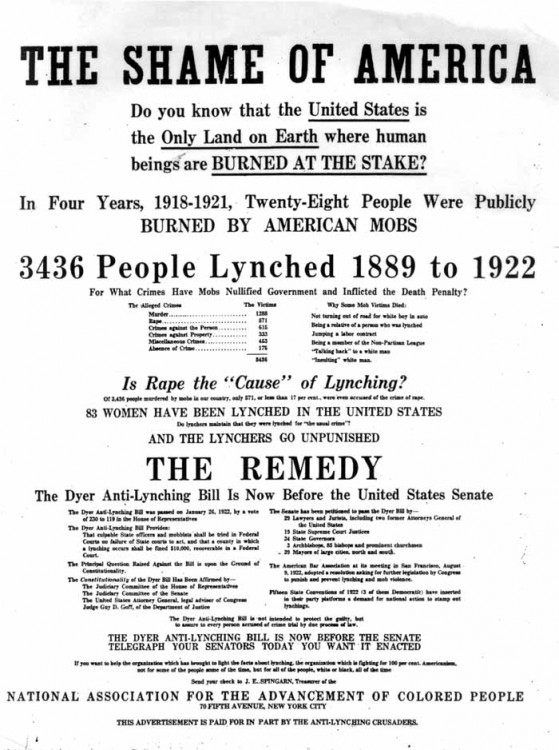
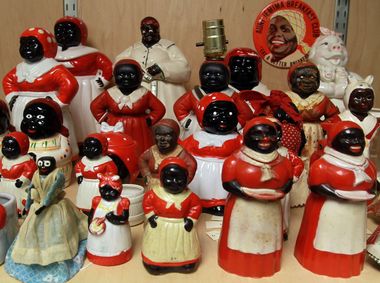
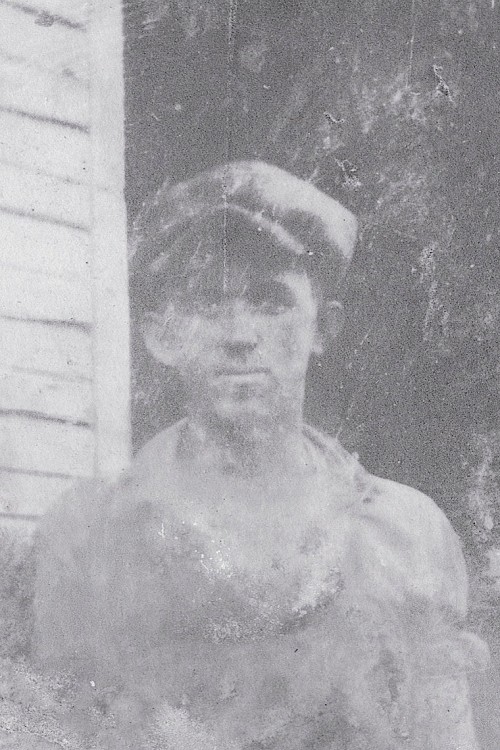
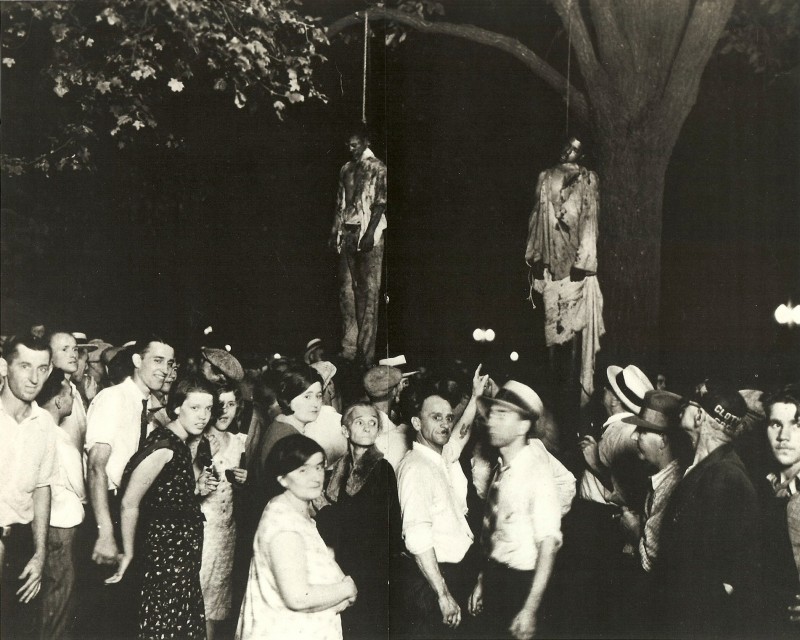
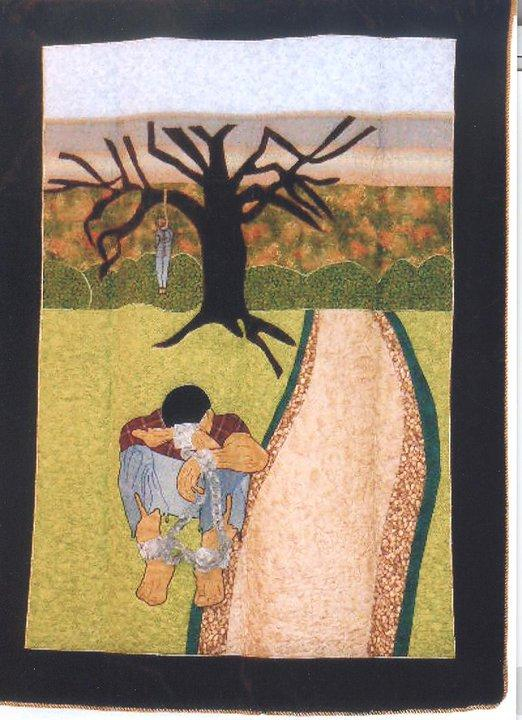

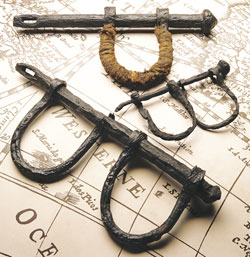


Comments Are Welcome
Note: We moderate submissions in order to create a space for meaningful dialogue, a space where museum visitors – adults and youth –– can exchange informed, thoughtful, and relevant comments that add value to our exhibits.
Racial slurs, personal attacks, obscenity, profanity, and SHOUTING do not meet the above standard. Such comments are posted in the exhibit Hateful Speech. Commercial promotions, impersonations, and incoherent comments likewise fail to meet our goals, so will not be posted. Submissions longer than 120 words will be shortened.
See our full Comments Policy here.